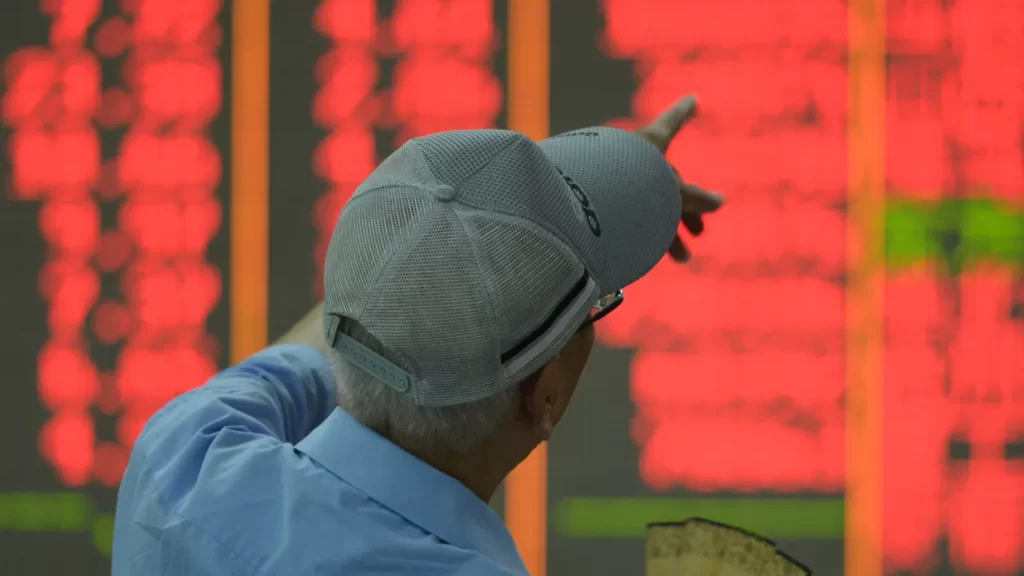
SINGAPORE — Chinese markets skyrocketed over 10% at the open Tuesday, after coming back from the Golden Week holiday as the rally from Beijing’s stimulus measures continued.
The CSI 300 index was up 10.2% in early deals, before paring some gains to record a rise of about 7.5%, but Hong Kong’s Hang Seng index plummeted over 3%.
Other Asia-Pacific markets mostly fell on Tuesday, with investors watching August pay and spending data out from Japan.
Household spending in Japan fell 1.9% year-on-year in August in real terms, a softer fall compared to the 2.6% decline expected by a Reuters poll of economists.
The drop is the fastest pace of decline since January, which saw a 6.3% fall year-on-year. That decline also came before spring wage negotiations delivered the largest pay hikes to unionized Japanese workers in 33 years.
However, real wages rose in August, with data from the country’s statistics bureau indicating that wages climbed 2% to an average of 574,334 yen ($3,877.44).
The benchmark Nikkei 225 slipped 0.99% after the release, while the Topix was down 1.06%.
South Korea’s Kospi was 0.72% lower, dragged by shares of heavyweight Samsung Electronics after it released worse than expected third quarter guidance.
The small cap Kosdaq was down 0.31%.
Australia’s S&P/ASX 200 slipped marginally.
Overnight in the U.S., stocks slid as rising oil prices and higher Treasury yields weighed on market sentiment.
The Dow Jones Industrial Average dropped 0.94%, while the S&P 500 slid 0.96%. The Nasdaq Composite saw the largest loss, falling 1.18%.
The benchmark 10-year Treasury yield rose to 4.02%, marking the first time since August that the yield topped 4%.
Oil prices also rose as tensions in the Middle East remain high. U.S. crude climbed more than 3% to settle above $77 per barrel.